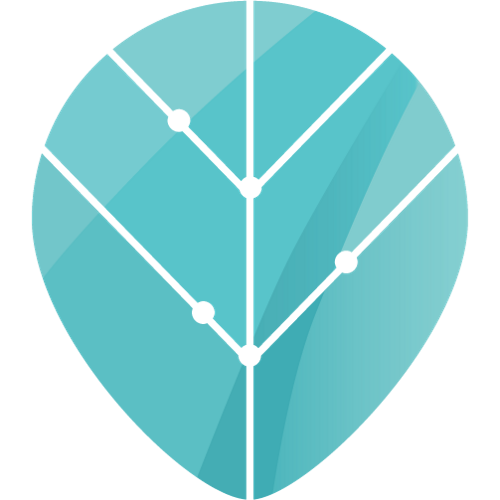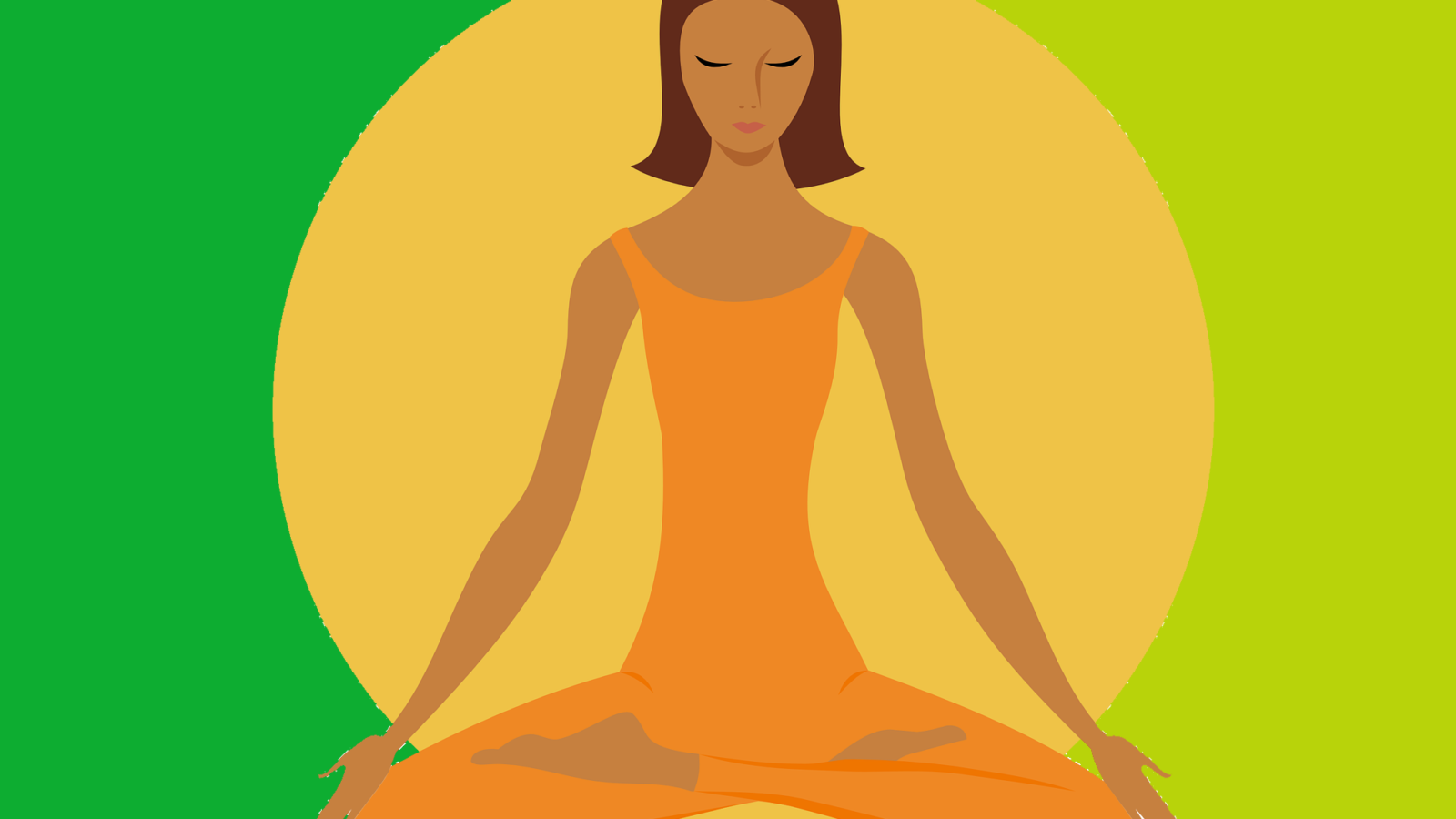In cities around the world, people can be seen bending their arms and twisting their legs in a yogasana. “But yoga doesn’t begin with its exercise routine,” says Mumbai-based yoga instructor Sheetal Tewari. Its philosophy runs deeper and promises to benefit even a casual practitioner.
Practically, Yoga is About Balance
“There are four pillars of health: ahaar (food), vihaar (recreational activity), aachaar (lifestyle), and vichaar (thoughts),” says Tewari. Yoga works on balancing these four pillars of your life.
It’s a Way of Life
If you want to incorporate yogic lifestyle, it’s not only about practising an asana, it’s about following the right way of living. “This means,” she says, “you will not only move your body in asanas, you will also work on your mind, your thoughts, you breath, as well as the food you consume. You will start looking after every aspect of your life.”
Yamas and Niyamas of Yoga
The Yoga Sutra, a seminal collection of texts outlines five yamas (don’ts) and five niyamas (dos) to purify both your body and mind. The yamas include:
* not lying,
* staying away from stealing,
* avoiding all kinds of excesses,
* practising moderation in life,
* and non-accumulating,which is to work for your needs, not greed.
The five niyamas or the (dos) follow the don’ts. They ask us to:
1. embrace purity and cleanliness of body, mind and speech;
2. contentment and acceptance;
3. austerity or self-discipline;
4. self-reflection and study:
5. and surrendering to the universe.
What is Karmayoga
“Karmayoga comes in when we don’t attach ourselves to the results,” Tewari says. Whether you’re a janitor or a CEO, “anyone doing their best, regardless of the result, in the giving condition is doing karmayoga.”
Tewari would know because she has seen the impact herself. “When I was learning yoga, I thought I would focus on the asanas but in the seven months of training, my life was transformed.” And that’s because she understood the yamas and niyamas which granted her a hold on her life.
“Take the yamas for example,” she says. “The first yama says don’t lie or be truthful to yourself. How many of us accept the truth about ourselves or about our bodies?”
Assaulting our bodies with junk food or constantly beating ourselves up, to Tewari, is a form of violence we must stop. “We are so judgmental about ourselves that we don’t need others to judge us. Love yourself,” she says.
And after all of this, comes the asana practise.
Start with Sukhasana
Few of us can sit for 15 minutes without any distraction, Tewari says. “When people don’t have the discipline or the flexibility, they can’t start with something like a surya namaskar.”
When we sit in sukhasana, we learn to sit without any gadget or disturbance. Sukhasana is the happy (sukh) pose, sitting with yourself blissfully is the first step.
And once you’re sitting, close your eyes and watch your breath.
Breath is Very Important
“The word yoga comes from yuj which means unity,” Tewari explains. It’s an apt name because ultimately, yoga is about this union and nothing symbolises that union better than our breath. “When the universal energy enters your body, it gives you prana, or breath. When you control your breath, you control everything.”
(This is the first article in a two-part series)
Want to share how you thrive? Write to us at [email protected]


